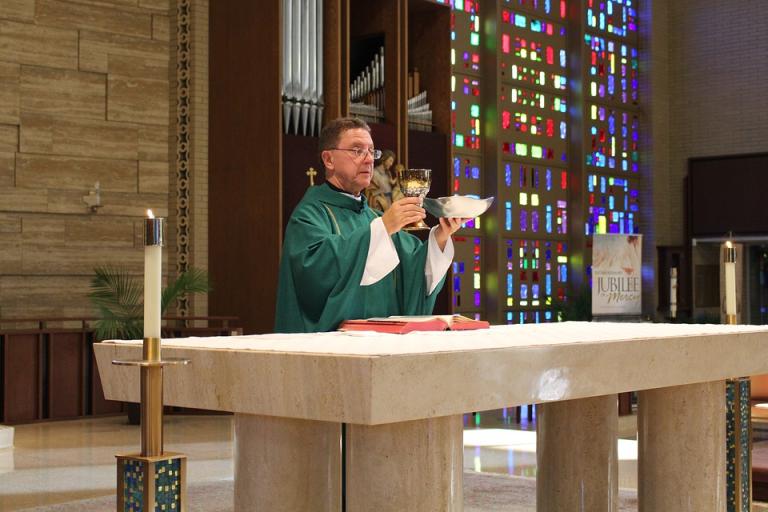
Here’s something from twitter:
In first General Audience of the year Pope Francis said "People who go to church every day and then live hating others and talking badly about people are a scandal: better not to go to Church, living as they do as atheists, … rather than giving a counter-witness" pic.twitter.com/aXakM9Yp7V
— Catholic Sat (@CatholicSat) January 2, 2019
and
https://twitter.com/TommasoNin/status/1080484588584083459
And I don’t want to get into a dispute about the Pope. Running the full link through Google Translate gets me something that’s a bit mangled and confused and I don’t want to try to parse this too much, but you know you’ve read similar things elsewhere, so I don’t think I’m merely railing against a strawman, but here goes:
My issue is this: it is perfectly OK for Catholics to be sinners. It’s part of being human, and no one should expect that being Christian will remove that human tendency to sinfulness. Some Catholics/Christians like to say, in response to being called out as sinful, something along the lines of “oh, honey, you should see how sinful I’d be if I weren’t a Christian.”
But this quote from the Pope really bugs me. Let’s suppose his objective was to criticize hypocrites. Yes, I suppose it is possible that there are hard-hearted people who go to mass daily to be a show-off. It seems hard to imagine a culture where this gains admiration from others in the secular world — are there other parts of the world where daily mass attendance gains one recognition? — and maybe it’s a Vatican-specific thing that he really speaks of people climbing the church hierarchy with pretenses to be holy when they really care about nothing but that next appointment, in which case it’s merely a dumb thing to talk about in a General Audience rather than among Vaticanites. But (and again, maybe it’s cultural) I just can’t see this being about people who are daily church-goers in order to be show-offs, rather than people who go to church thinking they are doing the right thing and yet also being sinful, because I can’t imagine there are more than two or three of the former people in existence in the first place. Maybe I’m wrong and you can correct me in the comments.
But to be a Christian, to be a Catholic, is to believe that attending mass has some meaning other than just keeping a pew warm. We hear scripture. We hear a priest or deacon give a homily. We hear prayers. We receive the Eucharist (presuming that his mass-attending others-hating strawman wouldn’t stay in the pew). We are in the presence of Christ. The plain sense of what the Pope said, when we hear from others as well, is that none of this makes any difference, that we might as well stay home, or maybe, to fulfil our Sunday Obligation, show up, sit in a pew, and bring along a good book.
To assert that attending mass makes no difference seems ultimately to lack faith in the power of God. It suggests that, however much the Pope won early fans by his statement that the Church is no mere NGO, he doesn’t quite believe this.
And the Pope is not alone in these assertions. Cardinal Cupich has said that “Some of the greatest Christians I know are people who don’t actually have a kind of faith system” and that “If we don’t do this [anti-violence and social services] as a church, we might as well pack up,” which, as well as his statement that “the environment and protecting migrants” are the core of the “work of the Church,” suggests that he, too, believes, in the end, that the Catholic Church is an institution in which people of a common heritage (which may indeed include a theological body of work) work together for social justice, rather than one in which people’s lives can be changed for the good by belief in Jesus Christ, and in which prayer, scripture, and, yes, the Eucharist, can make a real difference in those lives.
So, bleh, I guess my first post of the new year should have been more inspirational and warm-and-fuzzy than this. Oh, well. Happy New Year!










